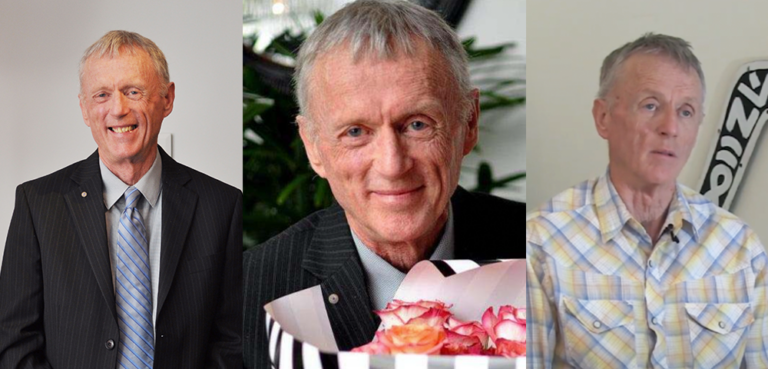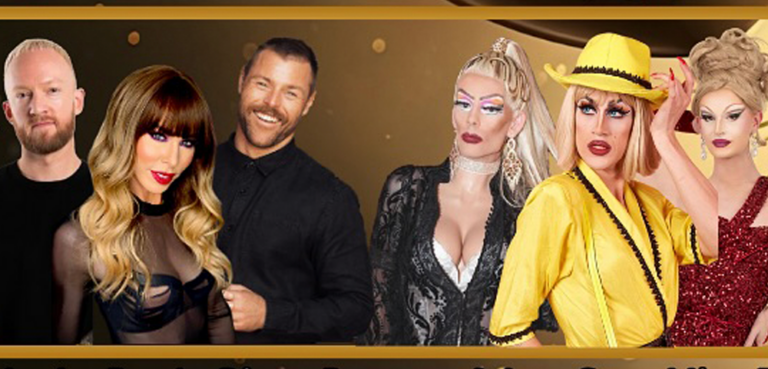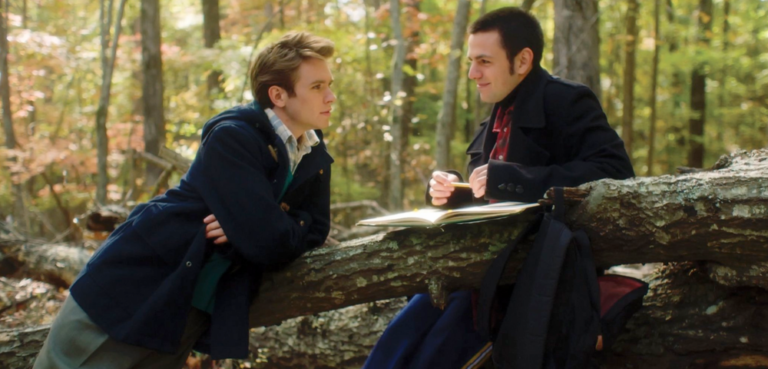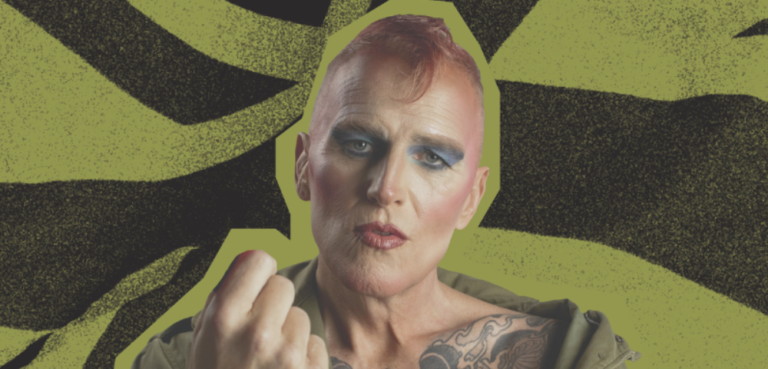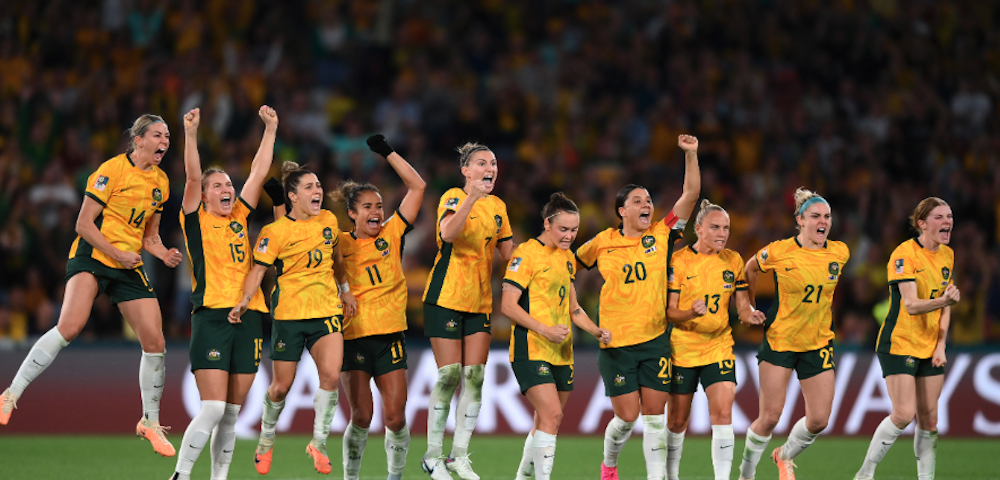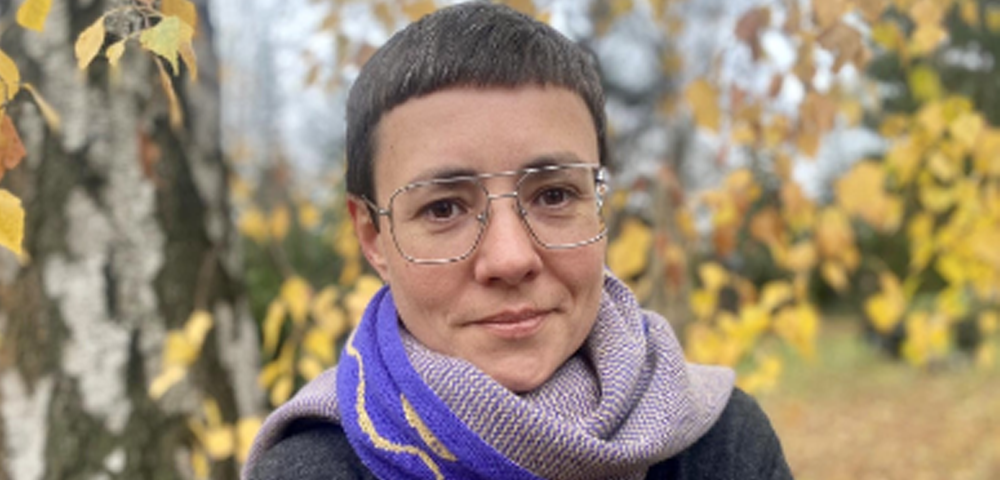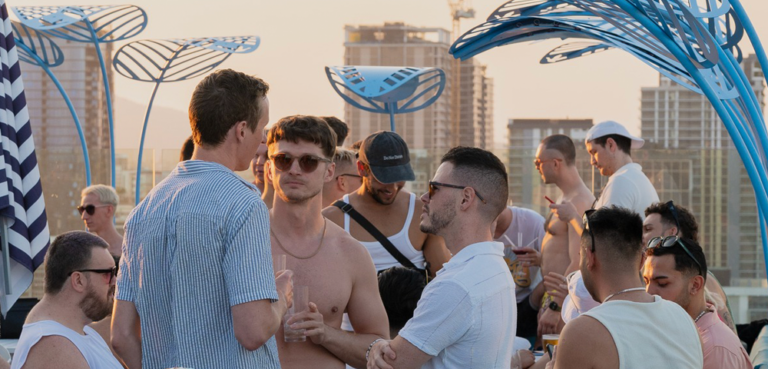
Naarm’s LGBTQI+ Muslims Break Fast Together at Community Iftar
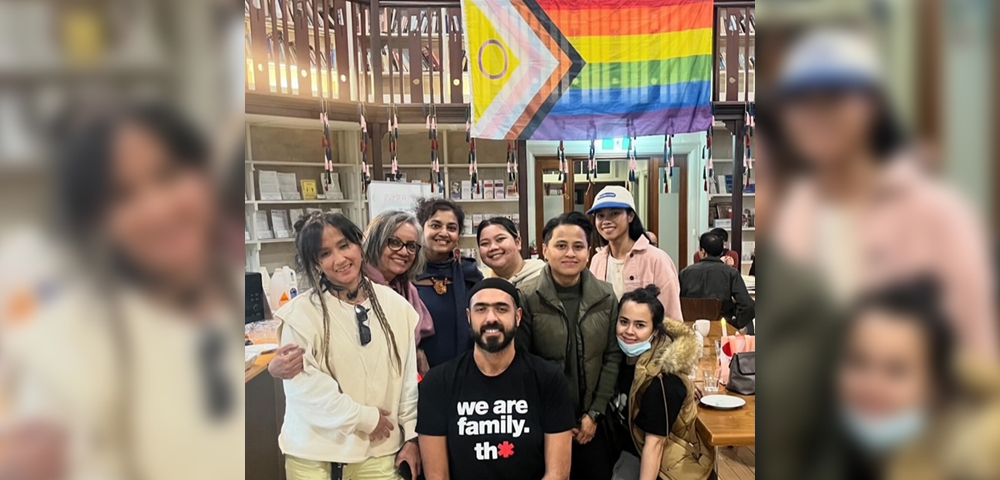
As the holy month of Ramadan draws to a close, dozens of LGBTQI+ Muslims and allies gathered in Melbourne’s inner north on Saturday night to break their fast together.
Organised by Queer Muslim Naarm, the event aims to provide an inclusive space for queer Muslims to practise their faith.
Ramadan is one of the five pillars of Islam – participation is a form of spiritual discipline, and a way to empathise with the less fortunate. It requires Muslim people to fast from dawn to dusk for 29 or 30 days. This changes each year, as the the Islamic calendar follows the lunar cycle and Ramadan begins with the sighting of the new crescent moon.
The Iftar is the post-dusk meal, often shared with family and friends, to break the fast. However, for many LGBTIQ+ Muslims who feel misunderstood by their family, friends, and communities, Ramadan can be an isolating time.
So Queer Muslim Naarm has been providing all-welcoming Iftar dinners as a safe space for queer Muslim people to come together for food, faith, and friendship.
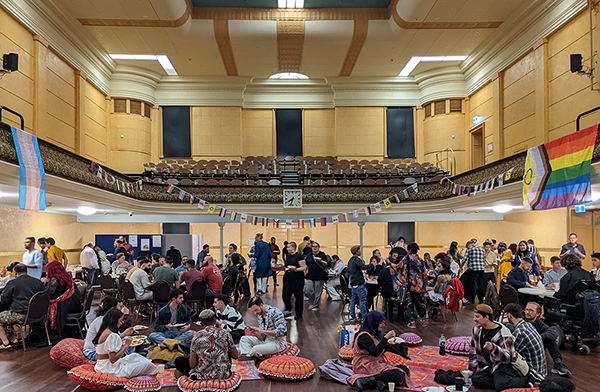
Organisers Sasja Sÿdek and Abdurahman Katamish said the response from the queer Muslim community has been “overwhelmingly positive and empowering”.
“Having a queer Iftar is essential as it addresses the intersectionality of identities, and provides a safe space for individuals who may feel marginalised or excluded from traditional religious and cultural spaces due to their sexual orientation or gender identity,” Sÿdek said.
‘A taste of home’ for everyone
This event was the fifth Iftar the pair have hosted this year. Previous iterations included an all-women’s Iftar, an Iftar with South Asian and Malay cuisine, and one featuring Middle Eastern foods.
Katamish said he hoped to provide a “taste of home” for everyone.
“The sense of belonging and support experienced during queer Iftars has been deeply meaningful for many attendees,” Katamish said.
“There’s been a real feeling of community and solidarity that is often lacking in mainstream religious and cultural spaces.”
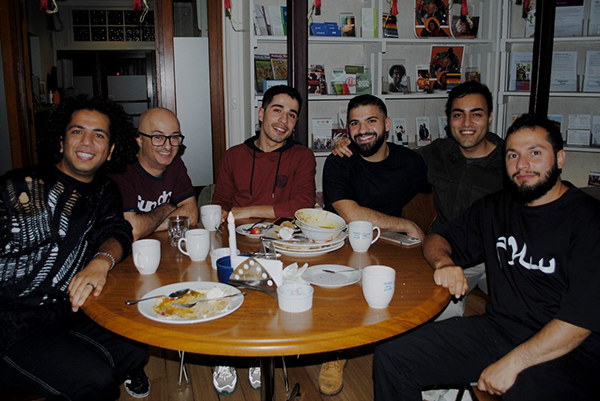
LGBTQI+ Muslim events “unique and powerful”
Queer Palestinian community member Anas has attended several Iftar events, and said they brought a sense of unity among religious queer communities.
“It’s one thing to speak about intersectionality and another thing to actually put it into practice. And I think these queer Iftar events are some of the most intersectional events I’ve been to,” he said.
“To have a space where you can be both openly queer and openly Muslim – it’s quite unique and powerful.”
“You don’t have to choose” between sexuality and religion
Trans community worker Lily Chang has attended and volunteered at three Iftar events, and said they brought a sense of unity across religious queer communities.
“Doesn’t matter if you are Christian, Muslim, sometimes you feel like an outsider. To be able to celebrate and also keep your faith I think is something really amazing,” she said.
“You don’t have to choose one: your sexuality or your religion. You can have both.”
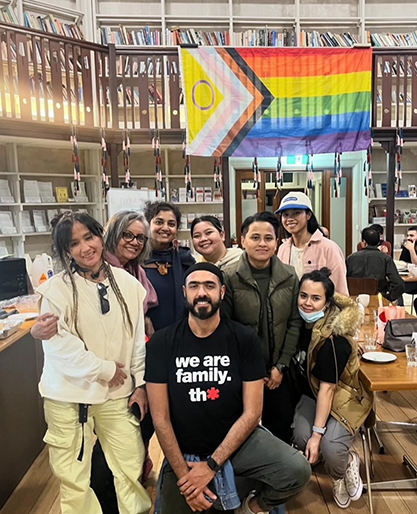
Prayers for LGBTQI+ Muslims around the world
With conflicts ravaging parts of the Middle East and beyond, Sÿdek and Katamish said their prayers would be with Muslim communities facing tough times this Ramadan.
“Our hearts are heavy as we think of the struggles and challenges that our brothers and sisters in Palestine, Sudan, Yemen, and beyond, are enduring,” Sÿdek said.
“We offer our prayers and solidarity, hoping for brighter days ahead and a swift resolution to the crises affecting their communities.”
